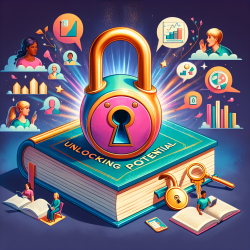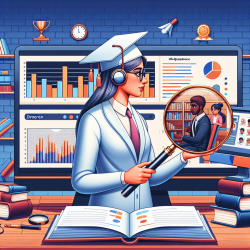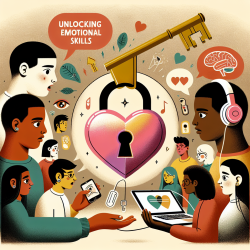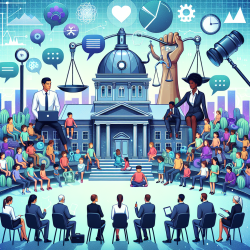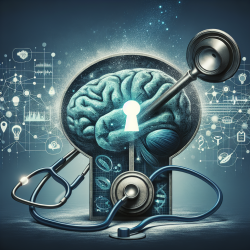Empowering Students Through Speech-Language Pathology
In the realm of special education, speech-language pathology (S-LP) stands as a beacon of hope and transformation for students facing communication challenges. Whether it's speech breathing or language-based learning disabilities, the role of an S-LP is pivotal in nurturing a child's ability to communicate effectively, thereby unlocking their full potential.
Understanding the Nuances of Speech Breathing
Speech breathing differs significantly from rest breathing. Unlike rest breathing, which involves shorter inspiratory phases, speech breathing demands higher lung volumes and more active muscle contractions. This understanding is crucial for S-LPs as they tailor interventions to support students' speech production, ensuring they can articulate thoughts with clarity and confidence.
Bridging Oral and Written Language Skills
For children with language-based learning disabilities, the link between weak oral and written language skills often stems from deficiencies in the awareness of language structure. S-LPs play a vital role in addressing these deficiencies, providing strategies that enhance both oral and written communication. By focusing on metacognitive abilities, therapists help students develop a deeper understanding of language, fostering improved literacy skills.
Indicators of Metalinguistic Awareness
Metalinguistic awareness, the ability to reflect on and manipulate language, is a key milestone in language development. One of the earliest indicators of this awareness is a child's ability to retell stories. S-LPs can use this insight to assess and promote language development, encouraging activities that build narrative skills and comprehension.
Prioritizing Functional Communication
For children with severe childhood apraxia of speech, building an intelligible core vocabulary is paramount. This approach prioritizes functional communication, enabling children to express their needs and thoughts effectively. S-LPs employ various techniques, including imitation of consonants and sound production in connected speech, to support this developmental goal.
Functional Treatment Approaches
In cases of severe apraxia of speech, pairing gestures with words forms a cornerstone of functional treatment approaches. This method not only aids in speech production but also enhances understanding and retention. Additionally, activities like singing familiar songs can stimulate speech pathways, making communication more fluid and natural.
Comprehensive Assessment and Reporting
When writing assessment reports, S-LPs must balance objectivity with insight. While test scores and case history information are essential, subjective observations and statements regarding motivation can provide a fuller picture of a child's progress and potential. This comprehensive approach ensures that interventions are tailored to each child's unique needs.
Inclusive and Multidisciplinary Models
For children like Mary, a 4-year-old with Cerebral Palsy, a transdisciplinary service delivery model is often employed. This approach involves coordinated efforts across various therapy disciplines, ensuring that all aspects of a child's development are addressed. By integrating augmentative communication systems and motor coordination activities, S-LPs help create an inclusive environment that supports holistic growth.
Advocating for Systemic Change
In the pursuit of inclusivity, S-LPs are also advocates for systemic change. For transgender and gender non-conforming individuals, promoting inclusiveness training for staff can significantly enhance the therapeutic environment. This advocacy ensures that all students feel respected and supported, paving the way for successful communication and personal growth.
Conclusion
Speech-language pathology is a dynamic field that offers transformative opportunities for students with communication challenges. By understanding the nuances of speech breathing, language development, and inclusive practices, S-LPs empower students to communicate effectively, fostering success in both academic and personal realms.
For more information, please follow this link.



